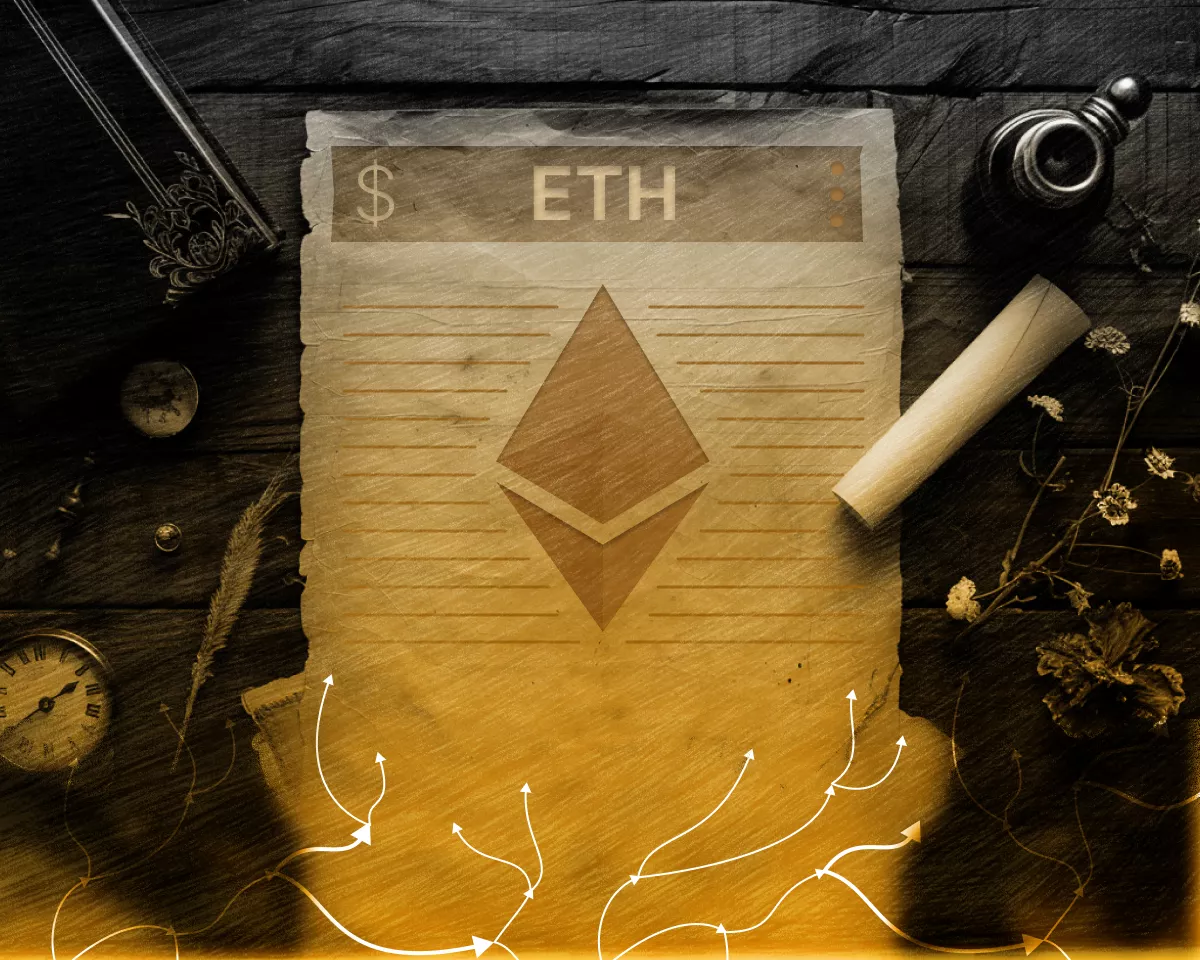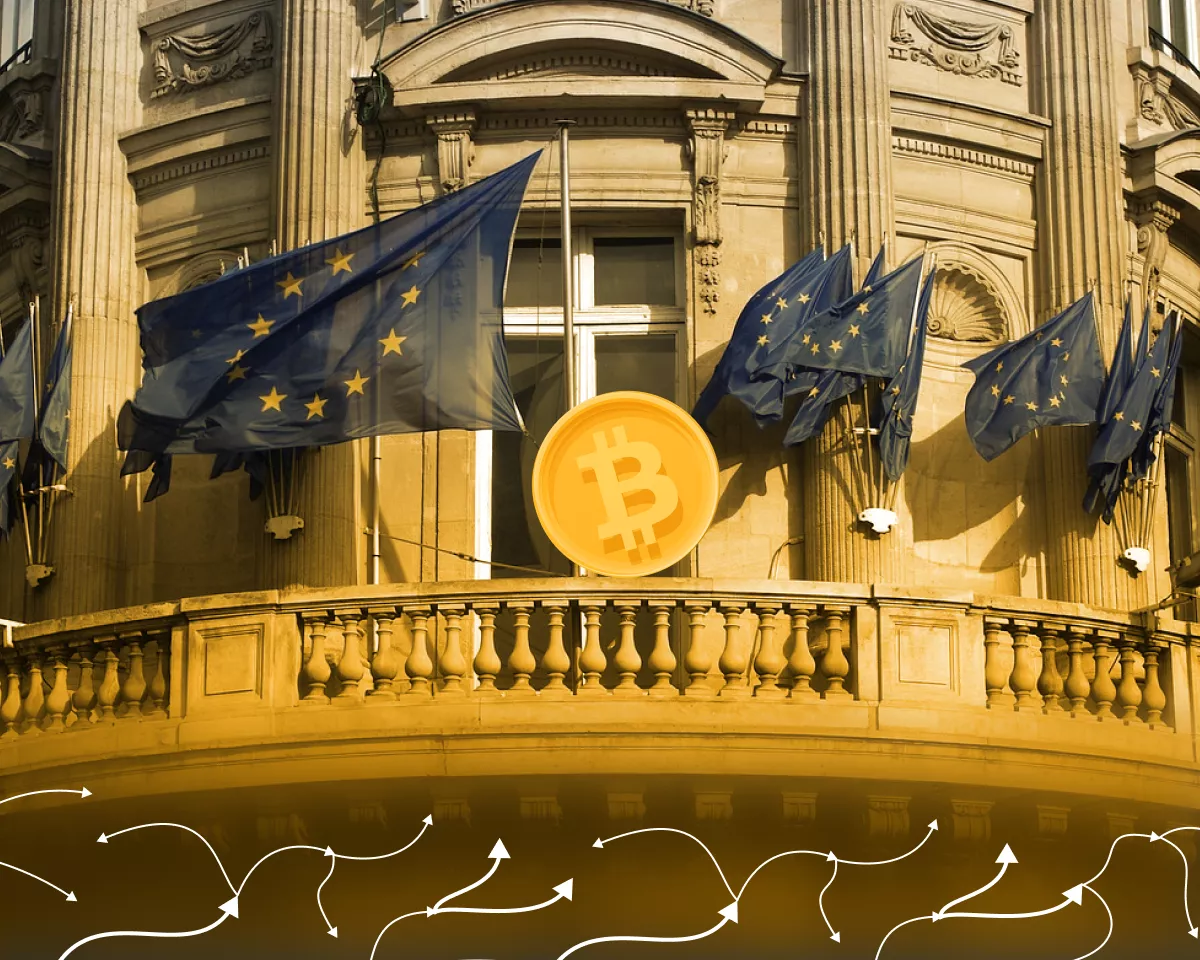2024-05-08 13:35:00
Spot Bitcoin ETF Premiums/Discounts - Time To Check VAR
Summary When I began my career over 20 years ago, the premium/discount conversations were focused on ETFs that hold US equities. Those premium/discount percentages were typically low since both the ETF and the stocks within the ETF closed at the exact same time. The spot bitcoin ETFs have traded as I would have expected and any elevated premiums/discounts are due to how NAVs are calculated, not any inherent issues with the structure of these funds. By David Mann, Head of ETF Product & Capital Markets, Franklin Templeton The Bitcoin ETFs ("Bitcoin ETFs" hereafter) registered under the Securities Act of 1933, which have been discussed, are not an investment company registered under the Investment Company Act of 1940 (1940 Act) and therefore are not subject to the same regulatory requirements as mutual funds or ETFs registered under the 1940 Act. The Bitcoin ETFs are not a commodity pool for purposes of the Commodity Exchange Act (CEA) and accordingly are not subject to the regulatory protections afforded by the CEA. Last week, I was very excited to receive a request for this blog to be published for our international readers. Although my focus has typically been on the US ETF market, I have no doubt that many of my ETF comments and observations would resonate with a global audience. In fact, I had some fantastic meetings in London and Frankfurt recently. The giant caveat is that our international marketing teams thought my analogies were maybe a little too US-centric, that somehow there may be a world where readers would not appreciate or care about the Detroit Lions. Rest assured that my love of sports knows no bounds! I am also a huge fan of the Chelsea Football Club (please save comments about this season for another day) and I follow the English Premier League very closely. Sadly, one of the main stories of this season beyond the fantastic title race is VAR (video assistant referee). Even before I began my side career as a high school soccer ("football") referee, I was both fascinated and frustrated with VAR. Like instant replay in the NFL, sometimes as a fan, I need to temper my celebration as the video official reviews a scored goal or a potential handball in the penalty box. Staying with handballs, I feel I had to relearn what that term even means! When I was young, the definition seemed quite simple - if the soccer ball hit a player's hand, then that was a foul. Now? Did the ball hit the upper or lower arm? Was the defender purposely making themselves bigger? Was the player in an unnatural or justifiable position? The result is frustrated fans every Monday morning. I feel there has been a similar evolution when it comes to defining ETF premium/discount, especially as I read some of the recent commentary on the problems with spot bitcoin ETF discounts during the recent bitcoin selloff. As a reminder, an ETF's premium or discount is calculated by measuring the percent change between the fund's net asset value (NAV) and the ETF's closing price on exchange. This metric is often a good gauge to show that ETF arbitrage is functioning properly. When I began my career over 20 years ago, the premium/discount conversations were focused on ETFs that hold US equities. Those premium/discount percentages were typically low since both the ETF and the stocks within the ETF closed at the exact same time (4 p.m. EST). The premium/discount conversation with investors then shifted to US ETFs that hold international equities. Those ETFs tended to have higher premium/discount, as there was a timing mismatch between the close of the underlying market (used for NAV calculations) and the close of the ETF. This concept was called "price discovery" in which the US ETF would offer a clue as to the expectation of what might happen in those international markets the next business day. That conversation evolved further as some ETF issuers applied fair value accounting to the NAVs of their US ETFs that hold international stocks. The price discovery process still applied, but the premium/discount percentages for those ETFs tended to be lower since there was now an adjustment to the fund's NAV based on US market conditions. All this brings us to the newest iteration of the premium/discount ETF conversation - bitcoin. The NAVs of spot bitcoin ETFs have added a whole new wrinkle. As discussed earlier, phase one of premium/discount was when the ETF and the underlying security have the same closing time. Phase two (and 2b) was when the ETF and what it holds have different closing times. Phase three is when there is no closing time of the underlying asset. Bitcoin trades 24/7, which means there is no official closing price. Given that, there are several reference rate options available for calculating the NAVs of the various spot bitcoin ETFs. Some ETF issuers chose a snapshot of the bitcoin as close as possible to 4 p.m. EST. Others (including ours) will take the average price of bitcoin over multiple crypto exchanges between 3 p.m. - 4 p.m. EST. I will save the debate as to which is better for another day. For those ETPs that use a 4 p.m. EST bitcoin snapshot for calculating NAV, I would expect a minimal premium/discount since that bitcoin price matches the closing time of the ETF. For the ETFs that use an average price between 3-4 p.m. EST, there could be an elevated premium or discount, depending on how the price of bitcoin moves over the last hour of the ETF trading day. Using a simple example, imagine the price of bitcoin smoothly drops 2% over the last hour of the day. In that case, I would expect the ETF to close at around a 1% discount to NAV. This is perfectly normal and explainable. The big takeaway? The spot bitcoin ETFs have traded as I would have expected and any elevated premiums/discounts are due to how NAVs are calculated, not any inherent issues with the structure of these funds. There is no need to check VAR on this one. What are the risks? All investments involve risks, including possible loss of principal. The value of investments can go down as well as up, and investors may not get back the full amount invested. Generally, those offering potential for higher returns are accompanied by a higher degree of risk. Stock prices fluctuate, sometimes rapidly and dramatically, due to factors affecting individual companies, particular industries or sectors, or general market conditions. For actively managed ETFs, there is no guarantee that the manager's investment decisions will produce the desired results. ETFs trade like stocks, fluctuate in market value and may trade above or below the ETF's net asset value. Brokerage commissions and ETF expenses will reduce returns. ETF shares may be bought or sold throughout the day at their market price on the exchange on which they are listed. However, there can be no guarantee that an active trading market for ETF shares will be developed or maintained or that their listing will continue or remain unchanged. While the shares of ETFs are tradable on secondary markets, they may not readily trade in all market conditions and may trade at significant discounts in periods of market stress. Original Post Editor's Note: The summary bullets for this article were chosen by Seeking Alpha editors.
Share at:













